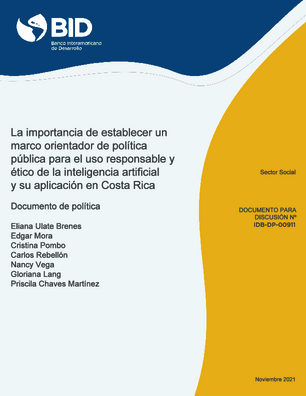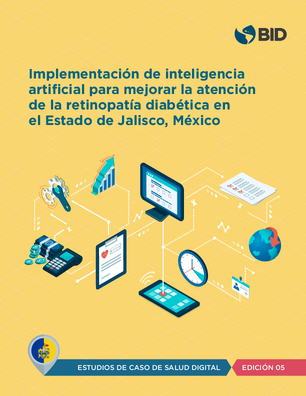Back to Observatory
Gamma Integrity - Integrity in Environmental Management Supported by Big Data and Machine Learning
Description of the service
In Mexico, as in many other countries, there is growing interest in advancing the implementation of efficient and fair management of natural resources following the SD objectives. The project intends to develop a conceptual and operational framework that comprehensively evaluates the relationship between the condition of the ecosystem, the provision of ecosystem services (benefits from nature to society), and the impact of environmental change on both components. It is a concrete approach to the characterization of socio-ecosystems. The development of these metrics will make it possible to evaluate the potential environmental repercussions imputable to human activities influenced by public policies, plans, and development programs, from their design and during implementation.
Problem that it solves
Produce an HD indicator on the condition of ecosystems (integrity) at the national level to quantitatively include the environmental dimension in decision-making.
Type of AI app used
Target-focused optimization, Recognition, PredictionMain results to June 30, 2021
The ecosystem integrity national map was produced for 2004 and 2018. Results were incorporated into the System of Environmental-Economic Accounting (SEEA EA promoted by the UN), which integrated Mexico for the first time as part of the national accounts. The MADMEX system was improved to process satellite images to monitor large-scale changes in coverage.
Three main bottlenecks faced during implementation
- Guaranteed data production.
- Cultural resistance
- Data transport efficiency (bandwidth)
Lessons learned in the design or use of AI for social impact
- Understanding cultural resistance. For this, it is critical to promote working with AI approaches.
- The result of having interest and new perceptions about the relationship between people and the environment
- We can not ignore the importance of fostering a culture of open data.
Country of origin
Geographic scope of operations
National
Type of executing entity
Research instituteSector/industry
Sustainable Development Goal(s) to which your AI solution contributes
3 (good health and well-being)
11 (sustainable cities and communities)
15 (life on land)
IA app developed internally or by a third party
Internally
Name of implementing entity
Ecology Institute, AC (Inecol)
Stakeholders involved
CONACYT, CONABIO, INEGI, UN, IG-UNAM, Inecol, SEMARNAT, CIATEC, EPOMEX of the Autonomous University of Campeche, University of Luxembourg, UPIITA-IPN, Guanajuato Secretary of Environment and Land Management, Regional Integration and Social Cohesion consortium.
Percentage of the development team that are women
40%
Year they started using AI-based models
2009It may interest you
Cada vez más, actores públicos y privados se plantean cómo escalar su impacto a través del uso de la tecnología.
Este documento fue diseñado como insumo de una hoja de ruta que permite crear un marco para el uso ético, responsable y seguro de la IA en Costa Rica.
El presente documento presenta un estudio de caso de un proyecto piloto en el estado de Jalisco que utilizó inteligencia artificial (IA) para el tamizaje de la Retinopatía Diabética.



